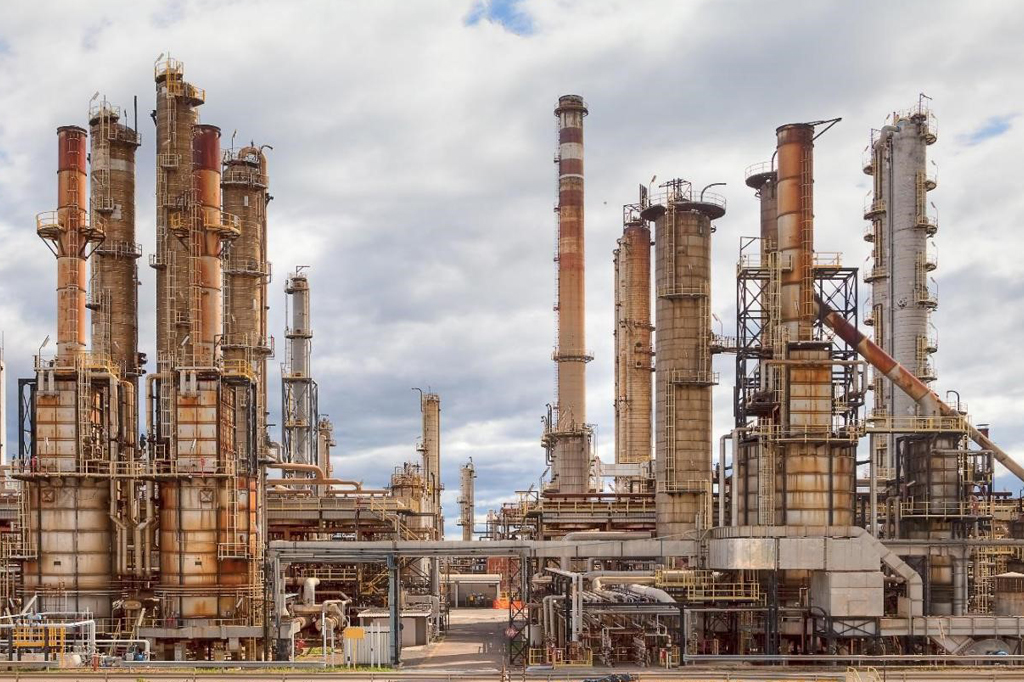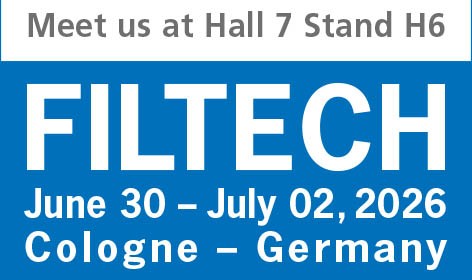
From exploring the extraction process to outline the challenges and related solutions, we have been your amiable partner to help you gain a quick insight in Oil & Gas Industry.
So here we will be covering one of the crucial processes of the petroleum industry, the catalytic cracking process. With catalytic cracking process it would be possible to increase the yield of valuable fuel products such as gasoline and diesel. Although equivalently reducing the production of heavier, lower-value products.
In order to better understand the catalytic conversion process, it is important to analyze the role of a catalyst and its effect on the reaction.
In the petroleum industry multiple reactions takes place within every process. Understanding the chemistry of these reactions is very essential in order to optimize the process. Certain reactions require severe conditions for the reactants to react and to produce desirable products. In order to avoid certain problems, suitable catalyst is required in a reaction. By doing so,
catalysts can greatly reduce the amount of energy needed to complete the transformation, allowing reactions to occur at much lower temperatures and pressures than would otherwise be possible. The phenomenon of using a catalyst to increase the rate of a chemical reaction is known as catalysis.
Catalyst and its mechanism
Catalyst are the substances which alters the rate of a chemical reaction without undergoing any permanent chemical change. It is used to break or rebuild the chemical bonds between the atoms which are present in the molecules of different elements or compounds. In the process, they tend to react with reactants to form intermediates and at the same time facilitate the production of the final reaction product. After going through the whole process, a catalyst regenerate. In short, catalysts encourage molecules to react and make the whole reaction process easier and efficient.
In petroleum industry catalyst can be used in various processes. Catalytic conversion process has become an integral part of the modern petroleum refinery. It has been developed to produce high yields of gasoline with high octane from high-boiling stocks using catalysts.
Fluid Catalytic Cracking (FCC)
Fluid Catalytic Cracking (FCC) is one of the most efficiently used catalytic conversion process. It is used to produce high-octane gasoline mainly from straight-run atmospheric gas oil and light vacuum gas oil. This process involves breaking the long chains of n-alkanes into shorter chains of branched alkanes, cycloalkanes, and aromatics by using catalysts. In addition to high-octane gasoline, catalytic cracking produces LPG, cycle oils, and olefin-rich light hydrocarbons. The olefins can be used as petrochemical feed-stocks, or as reactants in alkylation process which has already been discussed in our previous episode.
Fluid Catalytic Cracking Process
Fluid Catalytic Process comprises of a cracking reactor and the catalyst regenerator. In this process, a fluidized-bed of catalyst particles bought in contact with the feed along with injected steam at the entrance of the reactor known as the riser. The hot catalyst particles coming from the regenerator unit evaporate the feed gas oil upon contact in the riser, and the cracking starts
to happen as the gas oil vapors and the catalyst particles move upward in the reactor. The temperature of the catalyst particles drops with the evaporation of gas oil while the endothermic cracking reactions proceed during the upward movement.
The cracking reactions also deposit a significant amount of coke on the catalysts, leading to the deactivation of the catalyst. After removing the absorbed hydrocarbons by steam stripping, the coked catalyst was sent to the regeneration unit to burn off the coke with air. Heat released from burning the coke deposit increases the temperature of the catalyst particles which returns to the riser to complete the cycle. Burning off the rejected coke in the regenerator provides the energy necessary for cracking without much loss, thus it will lead to increase thermal efficiency of the process. The cracking products are sent to the fractionator for recovery after they get separated from the catalyst particles.
FCC can be considered as carbon rejection process because the coke deposited on the catalyst surface will eventually be burnt off for heat will be rich in carbon and thus enables the production of large quantities of a light distillate in the process.
Challenges
The FCC unit faces multiple challenges during its operation. The problems such as unscheduled downtime due to bed fouling and reduced catalyst bed activity, products failing to meet specifications due to stripper fouling, solid and water carryover after direct injection steam stripping, liquid and solid carryover from separator causing severe fouling and erosion of compressor internals, stacking of fine catalyst and other solid particles into other equipment’s etc.
These operational problems can be fatal. Without immediate action, they can cause irreparable damage. Therefore, swift intervention is essential to limit the risks and prevent catastrophic consequences.
Conclusion
So, it is very essential to install a filtration system which should be efficient to prevent the potential problems. By selecting the right filtration system, we can ensure a smooth functioning anywhere.
Filter-Concept has been in the filtration segment for more than 20 years now. Our comprehensive range of services, coupled with our expertise, has allowed us to provide custom filtration solutions to various industries over the past two decades, ensuring that our clients receive the best possible filtration outcomes. Our expertise and extensive resources make us the perfect fit for your oil refining needs. For a video illustration do follow our video-series at https://filter-concept.com/video-series/ .
For more enquiry do reach out to us at [email protected] or [email protected]. We will be looking forward for your valuable feedback!
About Author
Filter Concept Private Limited is the leading industrial filters & cartridges manufacturer, exporter, and supplier! We are delighted to be your go-to source for filtration solutions for all your demanding applications of air, gas and liquid filtration.
Based in Ahmedabad, the commercial hub of India, we offer an extensive range of products that includes Industrial Dust Collection system, cartridge filter housing, bag filter housing, basket filter housing, self-cleaning filters, filter cartridges, filter bags, and more. Our team of experts has decades of experience working with the best-in-class filtration technologies that ensure unparalleled performance and reliability.
We are committed to delivering the highest quality products and services to our customers. Our dedication to meeting customer expectations is what sets us apart from the competition and has earned us a reputation as the go-to source for industrial filtration.
At Filter Concept Private Limited, we understand that your filtration needs are unique. That’s why we offer customized solutions and use our knowledge and expertise to tailor every solution to your specific needs.
We invite you to explore our complete range of filtration solutions and let us be your trusted partner for all your filtration needs.


